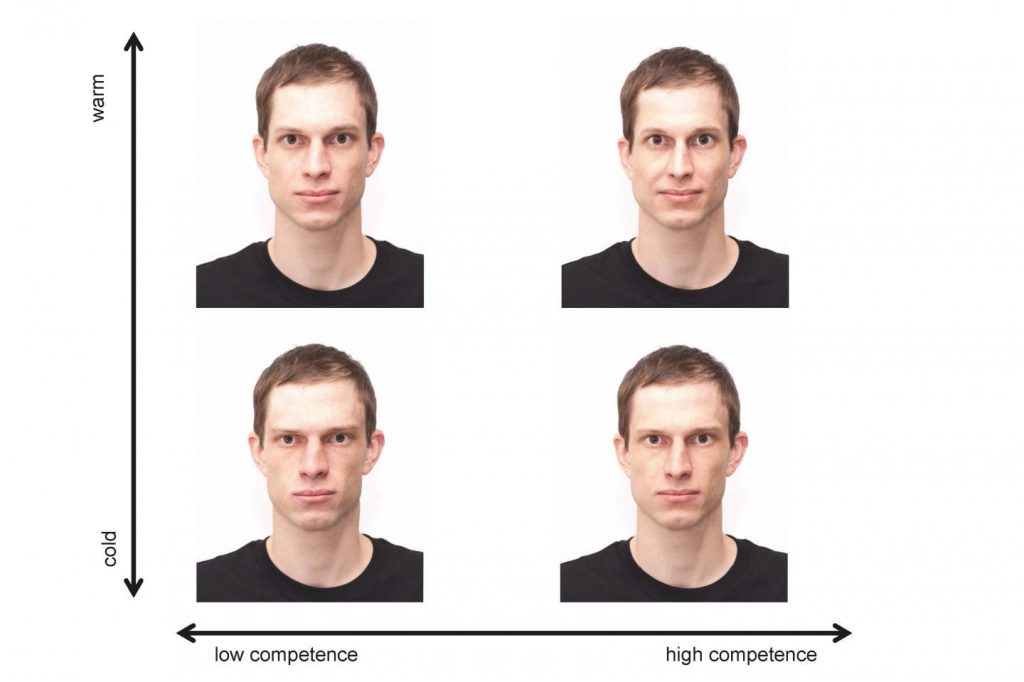The first Presidential Debate starts TONIGHT but can you tell anything about politicians’ accuracy by analyzing how they speak? A new analysis finds that lying politicians tend to be more verbose.
For more on politics and deception, take a look at these past blog posts:
Politics and Deception (Part 1)
Politics and Deception (Part 2)
Politics and Deception (Part 3)
Politics and Deception (Final Post)
 “OMG I just LOVE pizza.” Is this statement sarcastic? Is it heartfelt? As our everyday communication is increasingly text-driven, inferring emotion from messages is an important skill. If the receiver of the message is a friend, they should be able to understand the sender’s emotion better than a complete stranger. But a recent study by researchers at Chatham University found that friends are no better at interpreting correct emotional intent in e-mails than complete strangers.
“OMG I just LOVE pizza.” Is this statement sarcastic? Is it heartfelt? As our everyday communication is increasingly text-driven, inferring emotion from messages is an important skill. If the receiver of the message is a friend, they should be able to understand the sender’s emotion better than a complete stranger. But a recent study by researchers at Chatham University found that friends are no better at interpreting correct emotional intent in e-mails than complete strangers. People are often excluded from social groups. As researchers from the University of Basel in Switzerland report in the Journal of Experimental Social Psychology, whether uninvolved observers find this acceptable or not may depend on the facial appearances of those excluded. The exclusion of cold and incompetent looking people is more likely to be accepted.
People are often excluded from social groups. As researchers from the University of Basel in Switzerland report in the Journal of Experimental Social Psychology, whether uninvolved observers find this acceptable or not may depend on the facial appearances of those excluded. The exclusion of cold and incompetent looking people is more likely to be accepted.